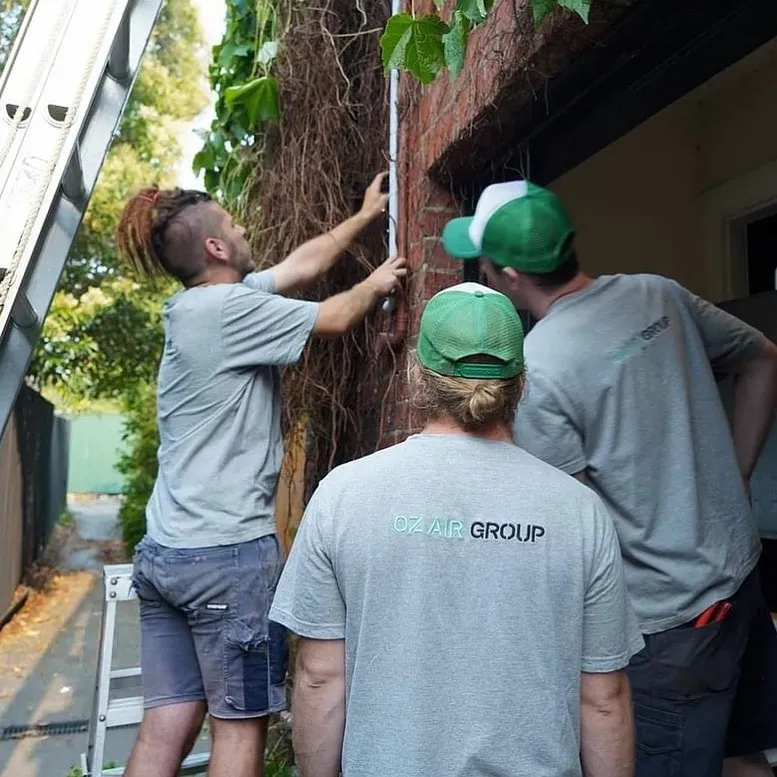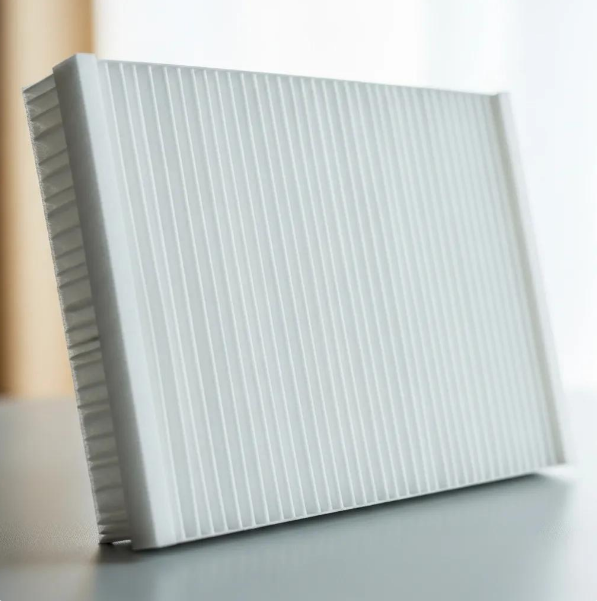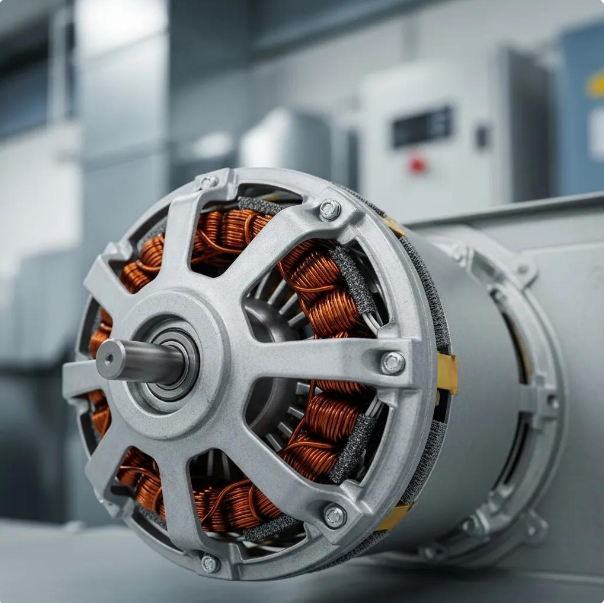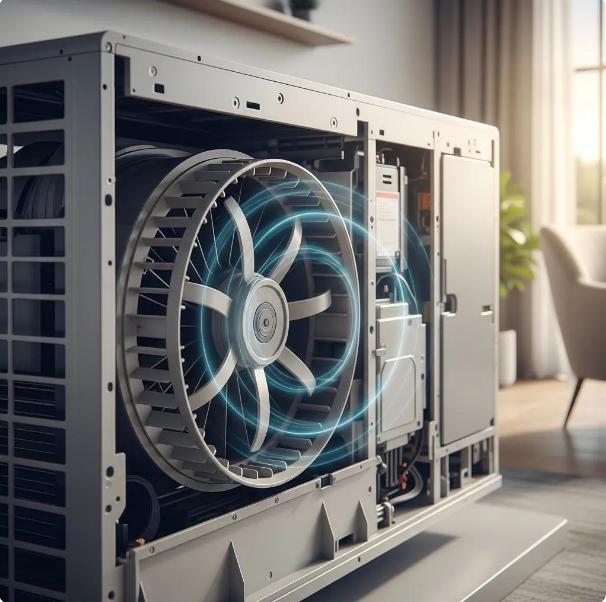What Does An Air Conditioning Service Include?


Government Rebates Now Available on Energy-Efficient Air Conditioners when Replacing your Gas Heater.
An air conditioning service is a comprehensive maintenance procedure performed on your cooling system to ensure optimal performance and longevity. It is important because it helps maintain energy efficiency, prevents unexpected breakdowns, and extends the lifespan of your unit.
A typical air conditioning service includes a range of checks, cleanings, and adjustments to various components of the system. These tasks are designed to address common issues and maintain the unit's overall health.
Licensed HVAC technicians, such as those at Oz Air Group in Melbourne, conduct air conditioning services. These professionals have the necessary skills, tools, and knowledge to properly maintain all types of air conditioning systems.
The frequency of servicing depends on several factors, including the type of system, usage patterns, and environmental conditions. Most air conditioners benefit from annual servicing, but some may require more frequent attention.
12 Things included on Air Conditioning Service
The following list covers common service items for various air conditioning types. However, it's important to note that different air conditioner models may require specific maintenance procedures.
Checking and refilling the refrigerant levels
Checking and refilling refrigerant levels is important during servicing because refrigerant is essential for the cooling process. Technicians measure the refrigerant pressure and add more if necessary. This ensures the air conditioner can cool effectively and efficiently. Proper refrigerant levels improve cooling performance and energy efficiency. Most systems require refrigerant checks annually, but leaks may necessitate more frequent checks.
Testing the thermostat accuracy and calibration
Thermostat testing is important because it ensures your air conditioner responds correctly to temperature settings. Technicians verify that the thermostat accurately reads room temperature and triggers the system appropriately. This improves comfort and prevents unnecessary system cycling, which can waste energy. Thermostat checks are typically performed during annual services, but you should test your thermostat's function regularly.
Inspecting and cleaning the condenser and evaporator coils
Coil inspection and cleaning are important because dirty coils reduce system efficiency. Technicians remove dirt and debris from both indoor and outdoor coils. Clean coils improve heat transfer, enhancing cooling efficiency and reducing energy consumption. Most systems benefit from annual coil cleaning, but units in dusty environments may need more frequent attention.
Checking the condensate drain for blockages and cleaning if necessary
Condensate drain checks are important to prevent water damage and mould growth. Technicians inspect the drain line for clogs and clean it if needed. A clear drain line ensures proper water removal, preventing overflow and potential system shutdown. This check is typically performed annually, but areas with high humidity may require more frequent inspections.
Inspecting electrical components and controls
Electrical component inspection is important for safety and system reliability. Technicians check wiring, connections, and control boards for signs of wear or damage. This prevents electrical faults that could cause system failure or pose safety risks. Electrical inspections are usually conducted annually but may be more frequent for older systems.
Testing the capacitors and relays
Capacitor and relay testing is important because these components are essential for starting and running the compressor and fans. Technicians measure capacitor output and check relay function. Properly functioning capacitors and relays ensure smooth system operation and prevent motor burnout. These tests are typically performed annually but may be more frequent if issues are suspected.
Lubricating motors and bearings
Lubrication is important to reduce friction in moving parts. Technicians apply lubricant to motors and bearings as needed. Proper lubrication reduces wear, extends component life, and helps maintain quiet operation. Lubrication needs vary by system but are often part of annual maintenance.
Checking and tightening electrical connections
Electrical connection checks are important for system safety and efficiency. Technicians inspect and tighten all electrical connections. Secure connections prevent voltage drops and overheating, which can damage components or pose fire risks. This check is typically performed annually but may be more frequent in areas with high vibration or temperature fluctuations.
Checking the blower belt and motor for proper operation
Blower checks are important for maintaining proper airflow. Technicians inspect the blower wheel, motor, and belt (if present) for wear or misalignment. Proper blower function ensures efficient air distribution and system performance. Blower checks are usually annual but may be more frequent if airflow issues are noticed.
Inspecting and replacing air filters
Filter inspection and replacement are important for maintaining indoor air quality and system efficiency. Technicians check filter condition and replace if necessary. Clean filters improve airflow, reduce system strain, and trap airborne particles. While annual professional checks are common, homeowners should check and replace filters more frequently, typically every 1-3 months.
Measuring airflow through the evaporator coil
Airflow measurement is important for ensuring proper system performance. Technicians use specialised tools to measure air volume moving across the evaporator coil. Proper airflow is essential for efficient cooling and dehumidification. This check is typically performed annually but may be more frequent if airflow issues are suspected.
Checking for any duct leakage
Duct leakage checks are important for maintaining system efficiency. Technicians inspect accessible ductwork for leaks or damage. Sealed ducts ensure conditioned air reaches its intended destination, improving comfort and efficiency. Duct checks are often annual but may be more frequent in dusty environments or if energy bills suddenly increase.
How frequently should you do air conditioning service?
For most residential air conditioning systems, annual servicing is recommended. This frequency helps maintain optimal performance and catch potential issues early. However, the ideal service interval can vary based on factors such as system type, usage patterns, and environmental conditions.
How often to service your aircon may differ if you have a commercial system, live in a dusty area, or use your system heavily. In these cases, bi-annual servicing might be more appropriate.
What are the benefits of Air conditioning service?
Regular air conditioning service offers several benefits:
- Improved energy efficiency
- Extended system lifespan
- Enhanced cooling performance
- Reduced risk of unexpected breakdowns
- Maintained indoor air quality
- Compliance with warranty requirements
- Early detection of potential issues
- Consistent comfort levels
- Lower long-term maintenance costs
- Increased safety
Why air conditioning service is important?
Air conditioning service is important because it directly impacts system performance. Regular maintenance ensures that all components work efficiently, reducing energy consumption and wear. It also helps prevent unexpected breakdowns, which can be costly and inconvenient, especially during hot Australian summers.
How does Air conditioning type influence the service type?
The type of air conditioning system significantly influences the service requirements. Central air systems and ducted systems typically require more comprehensive servicing due to their complexity and the number of components involved. These systems often need duct inspections, more extensive coil cleaning, and checks on multiple indoor units.
Split systems, while generally requiring less intensive servicing, still need regular maintenance of both indoor and outdoor units. Portable and window units usually require the least complex servicing but may need more frequent filter changes due to their compact nature.
Which aircon requires less maintenance?
Ductless mini-split systems typically require less maintenance compared to other types. This is primarily because they lack ductwork, which eliminates the need for duct cleaning and reduces the number of components that can potentially fail or require service.
Which aircon requires more maintenance?
Central air conditioning systems and ducted systems generally require more maintenance. This is due to their complex network of ducts, multiple vents, and larger capacity. These systems have more components that need regular inspection and cleaning, including extensive ductwork that can accumulate dust and debris over time.
Areas we service
Oz Air covers Melbourne and its northern suburbs.

Get in touch






.png)









.png)